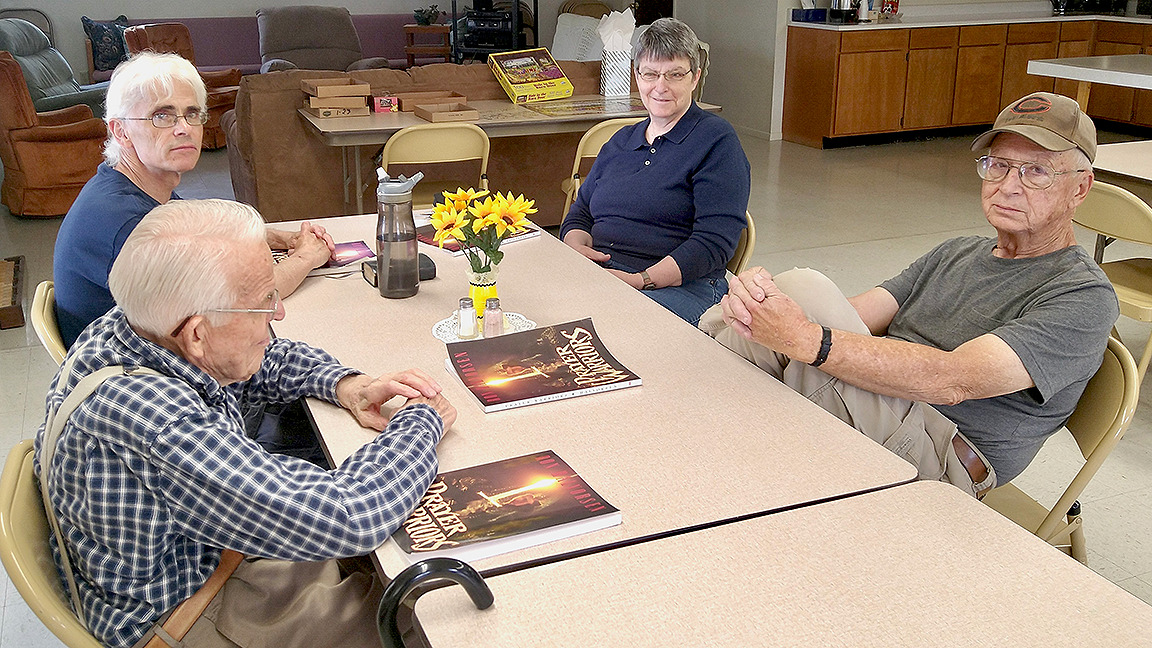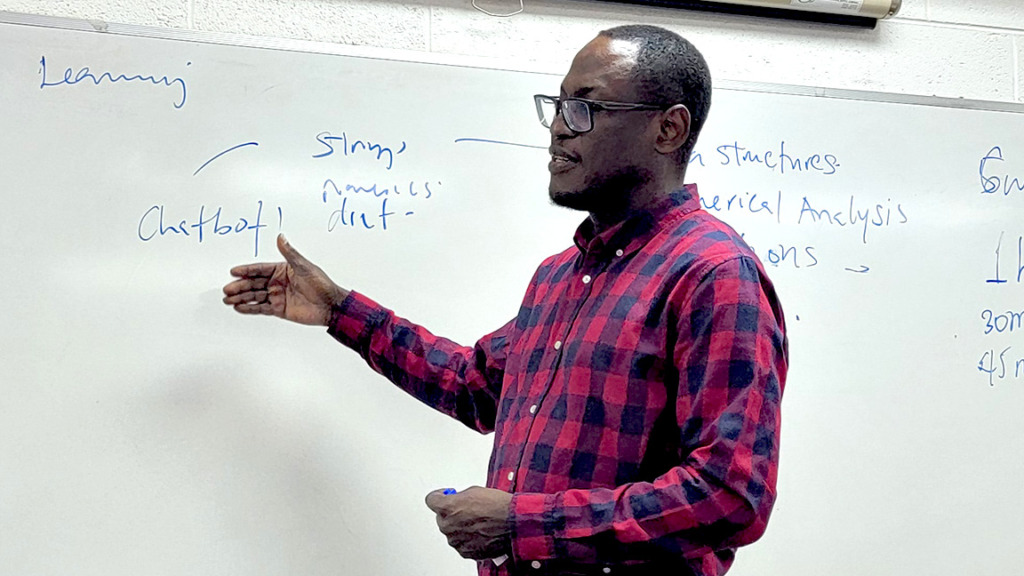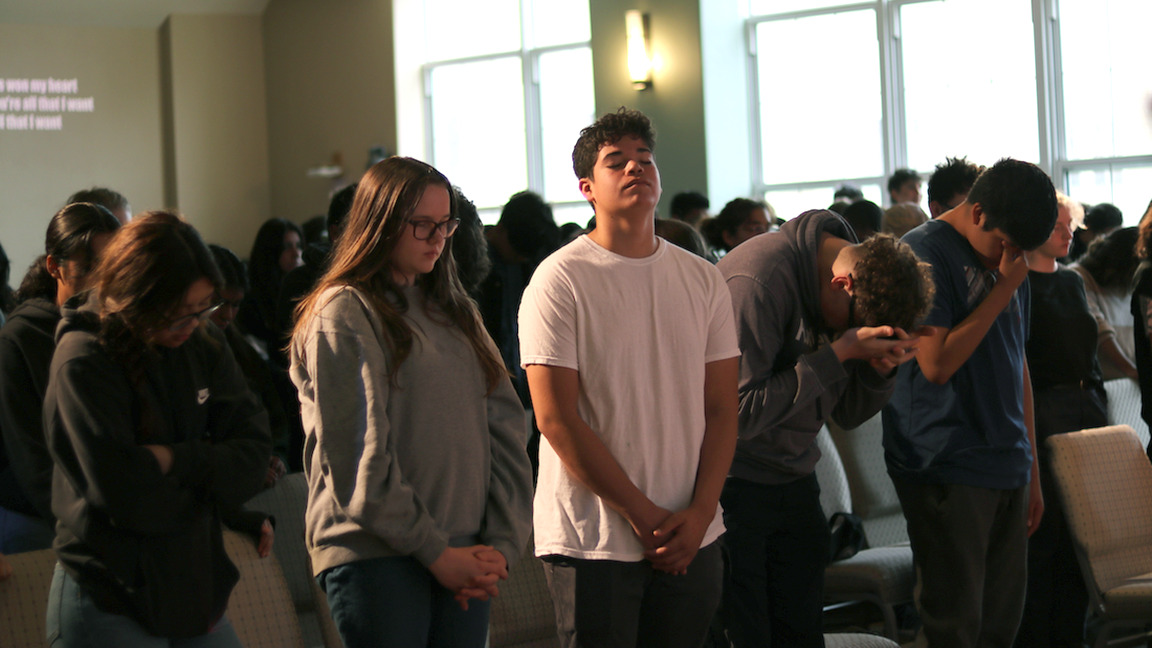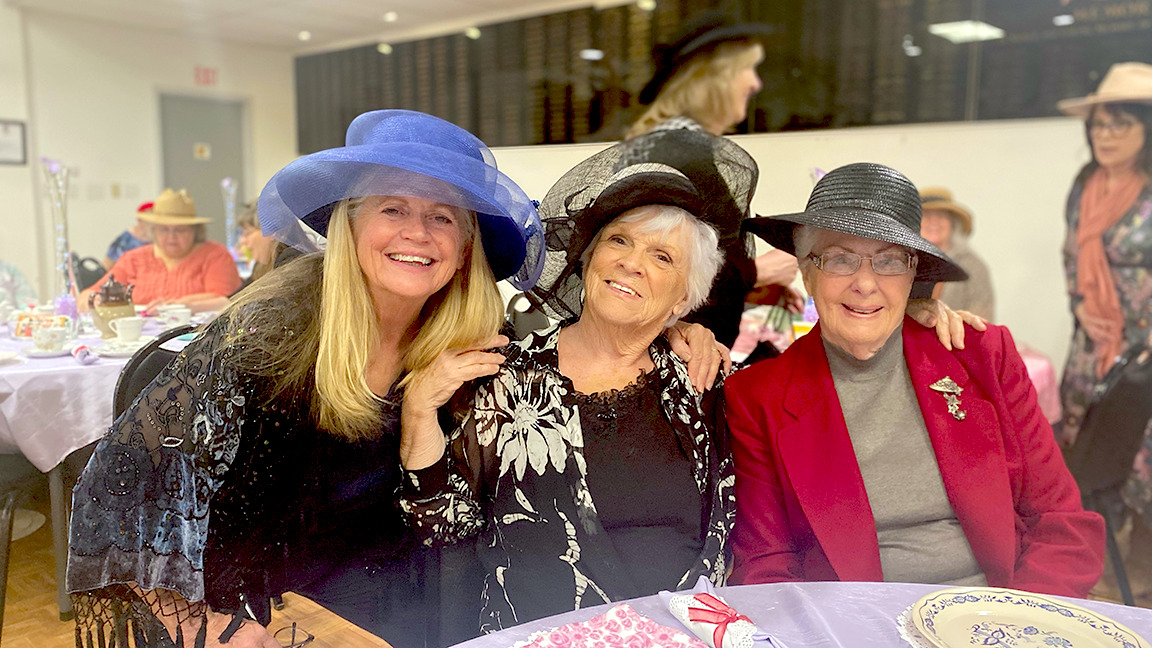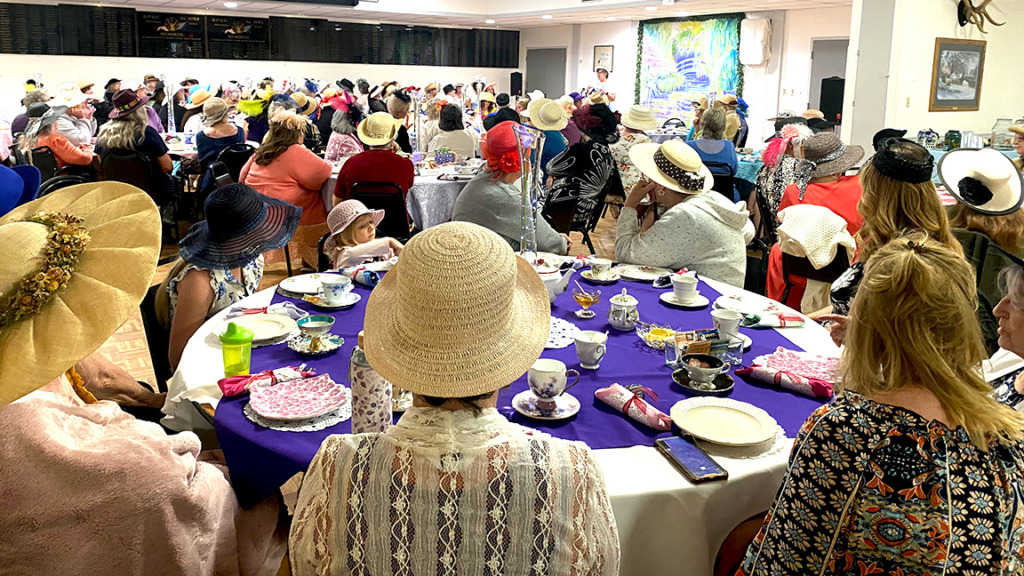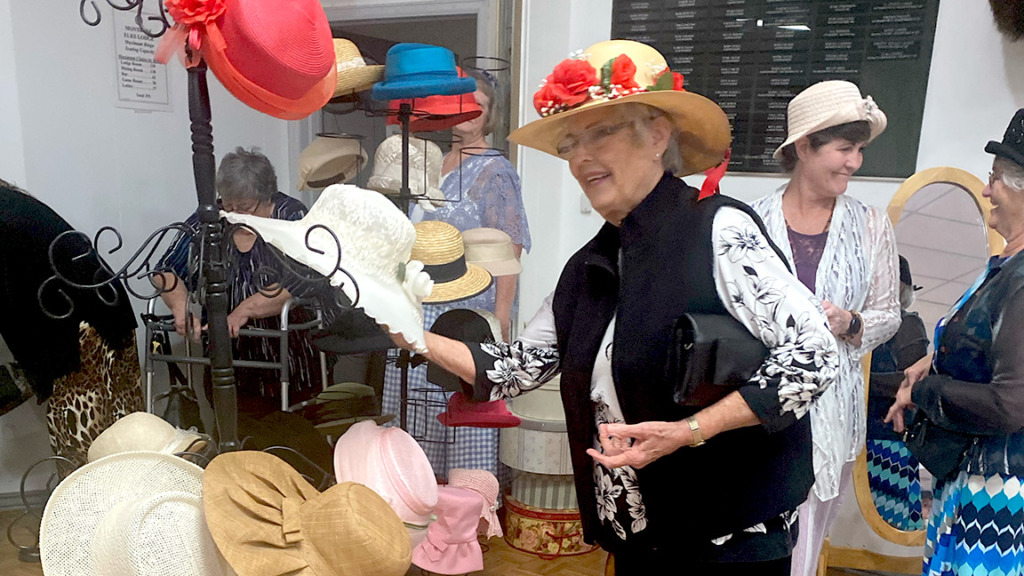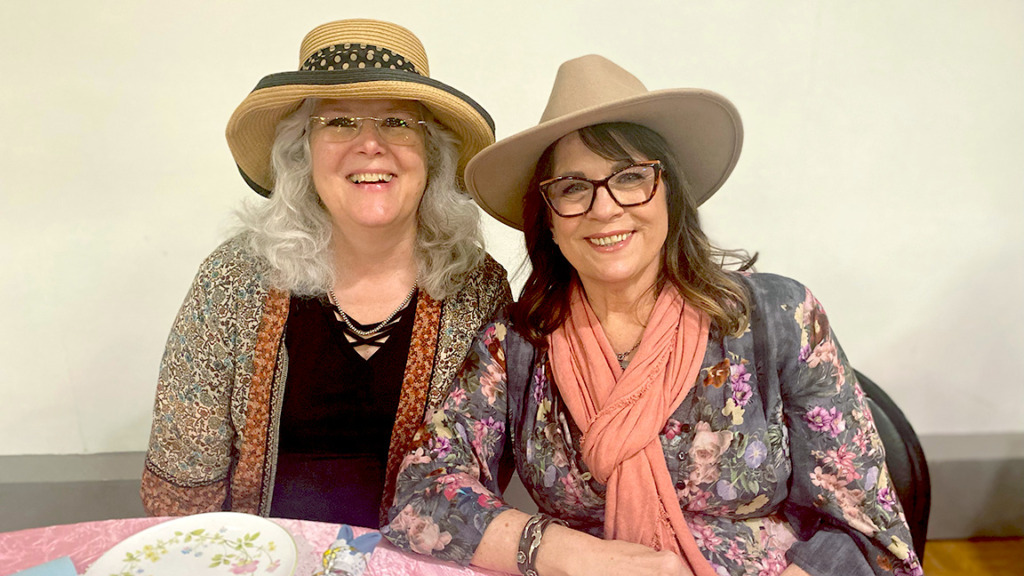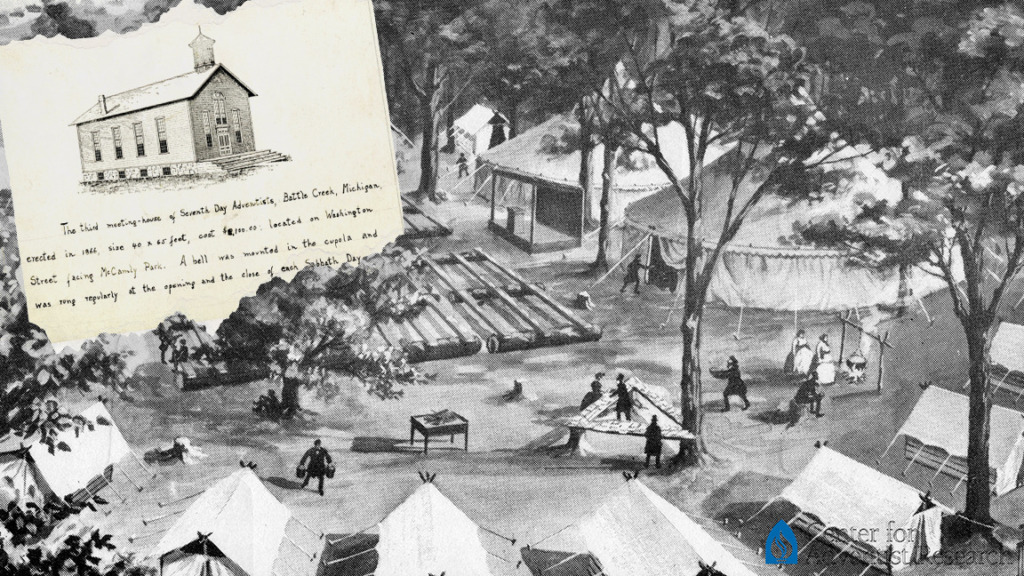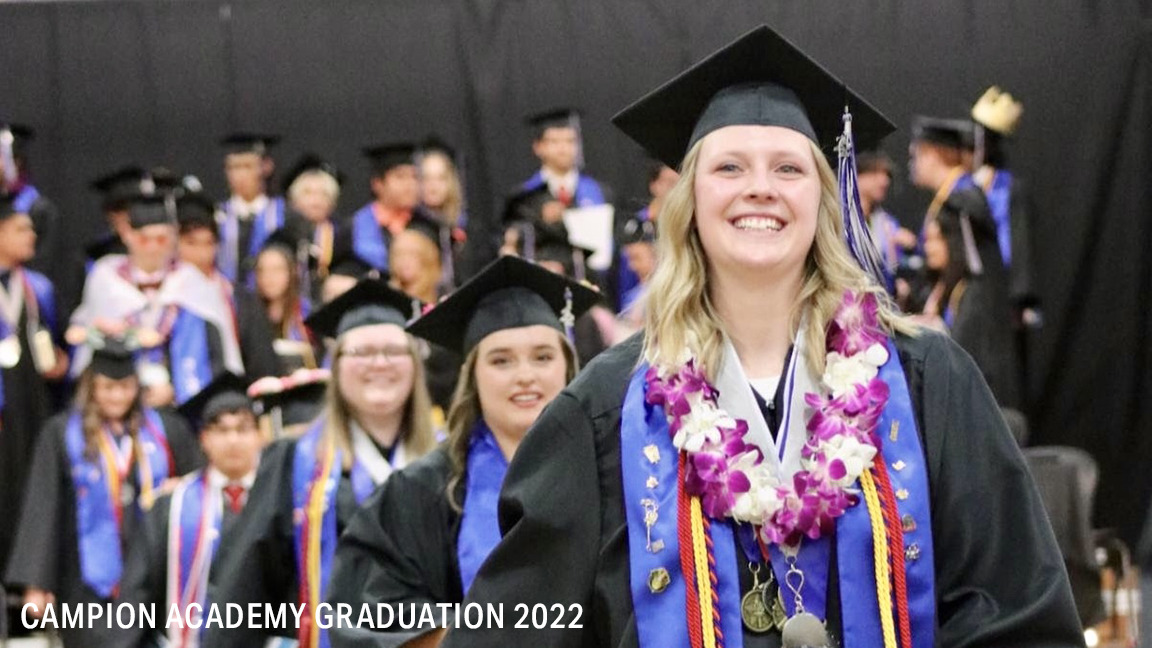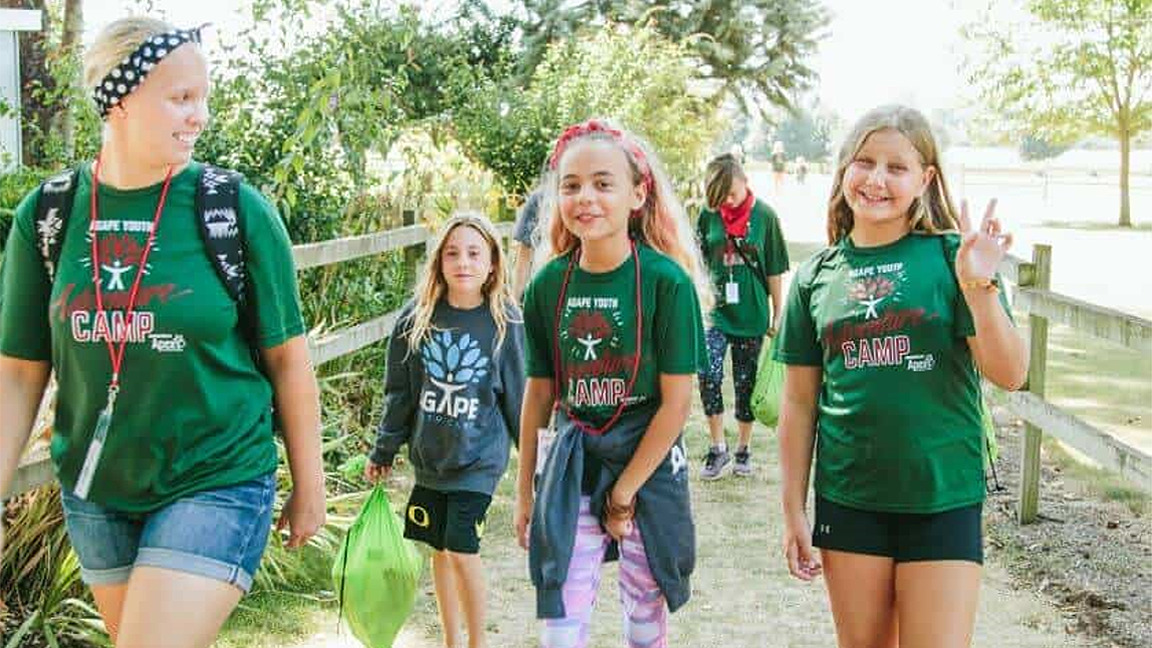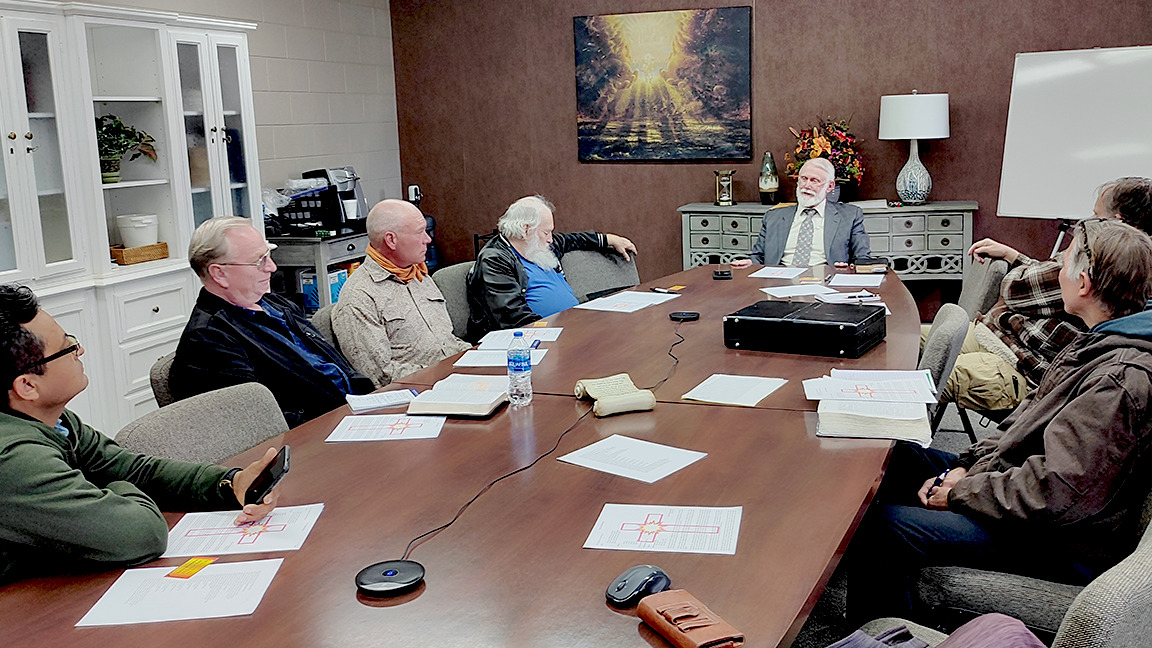By Tiffany Mogaka
I was one of the three young people in my church, and I often felt disengaged and disconnected there. Everything changed for me, however, when I was given the opportunity to lead.
Our teacher was away one Sabbath, and the youth were told to go to the adult Sabbath School. We didn’t really want to. I asked one of the elders if I could be the lead in the youth Sabbath school class. He enthusiastically encouraged me to do so, and, for the first time in a while, I saw young people laugh, comment, and be engaged in a Christ-centered conversation. We answered so many questions together and had such a wonderful time discussing God. It was a breakthrough moment for me. It showed me the power of creating spaces for teenagers to feel heard, valued, and included in the church community.
That lead me to compile a list of 10 ways that adults can support teenagers in developing their faith and connecting with their church. These tips range from simple acts of kindness to more involved commitments. But all of them are aimed at creating a space where teens can feel heard, supported, and inspired to explore their faith. By putting these strategies into practice, we can help create a church community that is inclusive and engaging for people of all ages, including teenagers like me and my peers.
1. Let the Young Teach the Young
We often find it easier to listen to our peers than to adults. When we see someone our own age achieving their dreams or making progress in their lives, we feel inspired and motivated to do the same. By letting us listen and learn from other youth, we can feel more connected to the church community and find the courage to participate in it. We would love to have a supportive community that allows us to serve, teach, and listen to each other.
2. It’s Deeper Than the Phone
We are often criticized for our use of technology, particularly our phones. The reason why we find solace in the online world is rarely explored. The memes that make us laugh are, at times, a reflection of the deep loneliness and pain we feel inside. Instead of being criticized for our phone use, the church could offer us something that fills the same needs. Simply listening to us and understanding the ideas that most reflect our identities could help us not go to our phones for comfort.
3. Relate to Our Current Struggles
We often feel like adults don’t understand the struggles we face in our daily lives. We struggle with finding our identity, forming friendships and relationships, and figuring out our purpose and dreams. It would mean a lot if adults took the time to care about the things we care about; the things that keep us up at night that we don’t often feel comfortable sharing with others.
4. The Identity and Self-Worth Struggle
We need a supportive community to lift us up and guide us towards discovering ourselves. It’s important to be reminded that we are beautiful, valuable, and unique individuals who don’t need to compare ourselves to others. If the faith community could redefine what it means to be “cool,” “live,” and “love” in a non-judgmental and non-conformist way, it could help nurture us to understand that we are worthy and loved by God. Build us up with words of encouragement so that we can transmit that love and energy to those around us.
5. Be the Teen or Know the Teen?
To be the best support for us, it’s important for you to understand who we are and what we value without feeling the need to imitate us. We appreciate it when adults in our lives provide us with guidance, comfort, and a sense of security. We value genuine connections and can easily recognize when someone is being disingenuous or artificial, so being authentic in your interactions with us is key. By being a trusted and sincere presence in our lives, you can help us navigate the challenges we face.
6. Snacks that Save
One of the things that bring us together as a community is food. Especially when it’s free. I had three friends that would often miss Sabbath school until the day our Sabbath school leader had a brilliant idea. She brought orange rolls, cookies, and hot chocolate to share with us. And she did it again the next Sabbath, and the next. Soon, not only did my friends start showing up earlier, but they also started inviting their friends. It’s amazing how something as simple as a warm pastry and a hot drink can make such a difference. Food has a way of bringing people together while creating a welcoming atmosphere. Get the rolls and get us rolling in. Who knows, a simple treat might give someone a chance to hear the gospel.
7. What About Today?
The church excels in sharing the ancient stories and prophecies from the Bible. However, we also crave to hear about what God is doing in our generation. Acknowledging our struggles and joys is essential for us as young people. Adults can bridge the generation gap by speaking to us in ways that resonate with our current realities. For instance, sharing stories of how other youth have overcome obstacles or offering insights on how to navigate the challenges of modern life while growing in faith.
8. To Inspire is Better Than to Instruct
Actions speak louder than words. Simply listing the do’s and don’ts can disengage us. When you point out our flaws constantly, it can be discouraging and make us feel like we are not good enough. Lead by example, spend time with us, and remind us of what Jesus means to us. You can help us grow in our faith by letting us see God’s love through your actions.
9. Change From the Inside Out
It’s not just about the change in our outward appearance, but also the change in our hearts. Instead of micromanaging every aspect of our lives, we invite you to have faith in God’s power to transform us from the inside out. When we feel like we’re being controlled too much, it can be hard to embrace change with an open heart. We would love to visibly represent God not because we “have to,” but because we “want to.” We would love it if you showed us how to live a life that’s pleasing to Him. There is nothing more transformative than His love.
10. We Love to Lead Too
As the future of the church, we have a valuable contribution to make. We are not just for tomorrow; we are for today. I want to be a leader, but how can I become one unless I am invited?
Here’s an idea: what if the church allowed us to participate in board meetings? We may not have all the answers, but we are willing to learn and become stakeholders in this journey of faith. We see our communication as one of refinement in which we are invited to the table. By giving us opportunities to lead, we can develop our skills and feel more connected to the community. We don’t want to be just passive observers; we want to be active participants in the faith community.
Maybe you could invite us to teach, inspire, and share with each other in Bible study and worship. By doing so, you can help us build a foundation for the future while learning and growing together in the present. The church is a beautiful place when everyone can find their voice and use their talents to serve God.
—Tiffany Mogaka is a Campion Academy Senior. Photo by Pexels.

